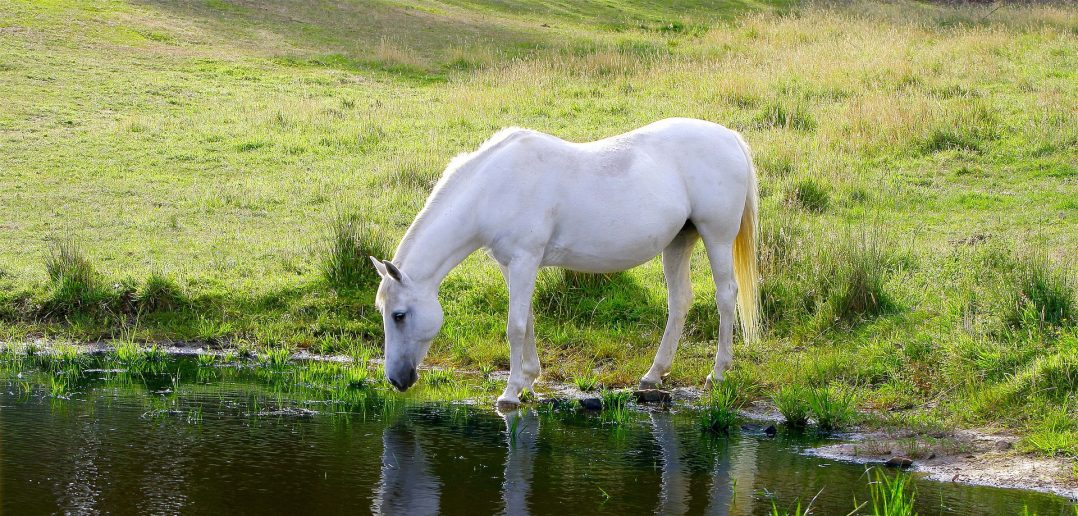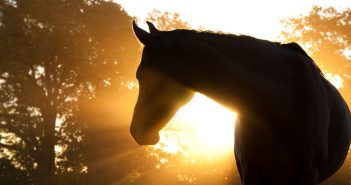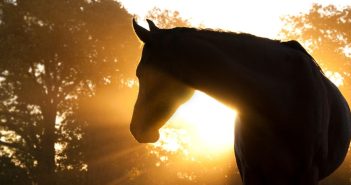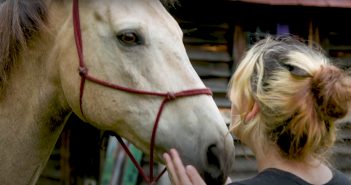Horses make wonderful companions. They’re intelligent, elegant, and strong. When it comes to purchasing your first horse, you may be filled with excitement yet still a bit overwhelmed by the amount of preparation required.
Whether you’re purchasing a horse to start a business, or simply for pleasure, it’s important to assess your space in order to create a safe and comfortable environment for your horse to thrive. If you’re looking to become a horse owner, here are a few tips on how to prepare your property for your new companion.
Develop Raw Land
Raw land is an undeveloped property that’s purchased in its natural state, often in rural areas. Having good soil is ideal when establishing a healthy pasture for your horse. Oftentimes, trees and brush typically found on raw land need to be removed to create a healthy pasture setting. Every property offers various benefits for horse owners, giving you the opportunity to take advantage of your land’s natural resources.
Whether you plan on owning one or multiple horses, keep in mind that they’ll need plenty of space to roam, so owning a large lot of land in a horse-friendly environment is ideal. Be sure to develop your land by building a stable or barn, which will provide shelter for your horse and storage for your hay and feed.
Build a fence around your property, while keeping in mind grazing areas where your horse can run freely. If you have property you’re looking to expand, conduct a feasibility test to see how many horses the property will hold, as well as if it’s sustainable for horse keeping. Remember, the average space to keep a single horse is around 1.5 to 2 acres with an additional acre for each additional horse you plan to have. Horses are pack animals, so 2 or more is really ideal (though you can also keep a goat or donkey or some other animal to provide company for your horse. Local regulations, such as zoning, help establish where the barn can be placed on the land and can help ensure proper land is being used to provide ample water and room for your horse to exercise and graze.
Build an All-Season Friendly Shelter
With weather conditions constantly changing, it’s important for horse owners to establish shelter that tends to their horse’s needs – no matter the forecast. Summertime preparation for horses includes ensuring shelter, like an enclosed stable or a run-in shed, is waterproof to prevent humidity. Ensuring drafts and humidity aren’t present in any sheltering zones will prevent overheating and discomfort for your horse. Any form of shelter needs to have circulating air that helps maintain a cooler temperature. Having a thermometer in your shelters lets you know just how hot (or cold) the environment is so you can act accordingly.
For the winter months, when building your shelter, consider having a slanted roof that allows snow to fall off. This is to prevent structural damage and will prevent the roof from caving in due to snow’s weight piling up. Shelters also need to have trusses that can hold over 30 pounds of snow per square foot. With unpredictable weather, for a more adaptable space, consider providing outdoor covered stalls along with your enclosed barn. Providing plenty of shelter will help keep your horse warm and comfortable even in the coldest of weather.
A note about water: On average, an adult horse needs 5 to 10 gallons of water per day to stay hydrated. Horse troughs and buckets will need to be cleaned regularly and filled with fresh water. There are also automatic waterers (basically a bucket connected to a water source that refills as your horse drinks), but those also need to be cleaned and checked for problems. They tend to freeze in the winter and can spring a leak without you knowing so they still have to be checked daily.
As a horse owner, be sure to provide plenty of available fresh water and other sources of hydration, such as a pond where they can cool off as they please. Keeping your horse hydrated will keep them energetic and less likely to develop health conditions like impaction colic.
Finance Your Upgrades
Owning a horse is a major commitment, as well as an investment. Before beginning any projects on your property, it’s best to take a step back and assess your financial situation. Start by listing out any changes you need to make to your property and what materials and labor will be needed, and then create a budget based on your needs. Always allocate more in your budget for any unexpected costs that may appear later on in the project.
Along with the enjoyment of owning a horse, investing in your horse property will also increase the value of your home. While upfront costs may be intimidating, think of this as an investment opportunity. Budgeting horse expenses and planning projects may feel overwhelming, but there are plenty of resources available. Start by cutting down costs in your personal life to save up, then determine your fixed and variable expenses. If you’re a homeowner looking for a large lump sum of money to fund larger projects for your horse, consider utilizing the equity you’ve built in your home with a fixed rate HELOC, which is a tax-deductible, low-interest financing option. If you’re not looking to use the equity of your home, a personal loan is an alternative option.
Owning a horse is a big responsibility that comes with great rewards and making the most of your property will promote a healthy lifestyle for your horse. Providing your horse with proper shelter and pasture land will improve the quality of their life. They will be counting on you for everything and they deserve to be comfortable in their environment.




